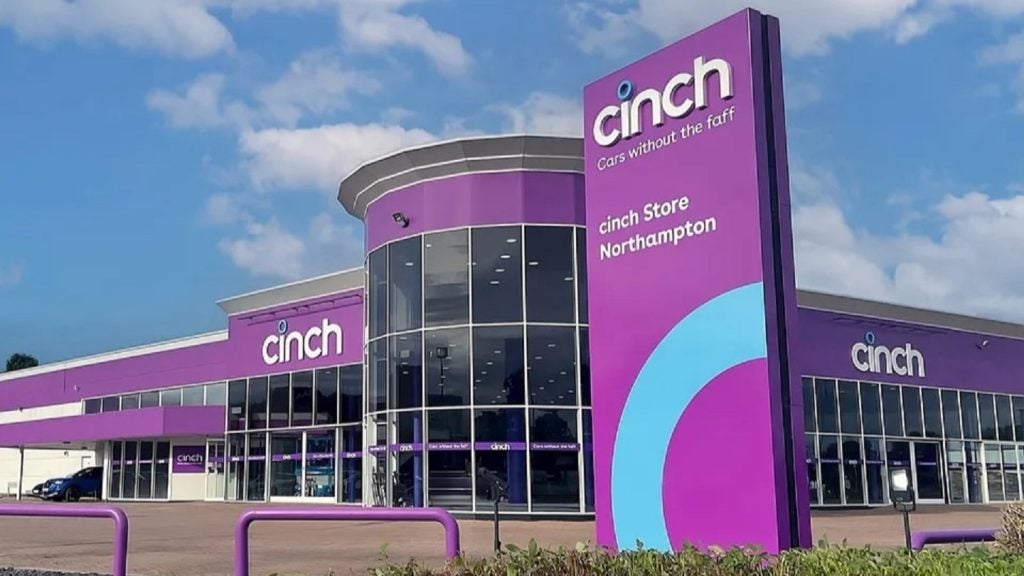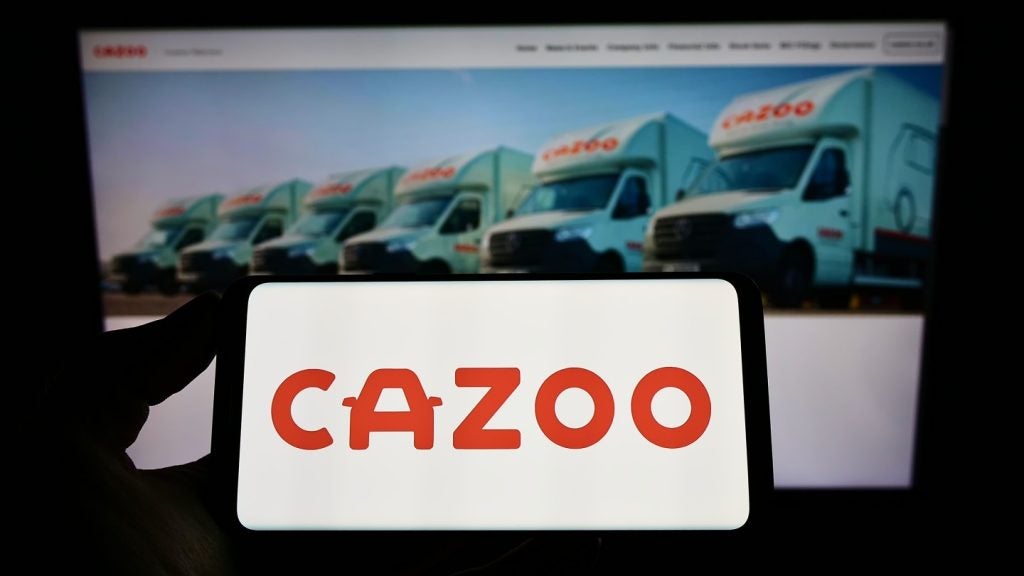Josh Everett, customer success director at Infinity, a data tracking fintech company, offers his view on the role of the service economy in the auto finance sector.
With the number of ads appearing everywhere from online car dealerships, you could be forgiven for thinking there’s only one way to buy a car these days. And it’s certainly true that the likes of Cinch and Cazoo have shaken up the sector, forcing dealerships to think about how they can maximise sales in a new buying landscape.
But unless Rylan Clark delivers your car in person, dealerships still hold an edge over the online competition: the human touch. By offering a more personal experience -through a combination of phone calls and in-store appointments – dealerships can put a clear distance between themselves and the industry’s disruptors.
To truly capitalise on this, however, dealerships must use the advantage to its full extent. This means leveraging clearer insights from existing touchpoints, allowing dealerships to build a better understanding of the customer journey, and offering more targeted customer support – both of which will ultimately boost conversion rates.
The human connection
According to research from Deloitte, 75% of UK consumers still want to acquire their next vehicle in person, despite the rise of online third-party sellers. By contrast, just 5% say they’d prefer to make a purchase entirely online.
How well do you really know your competitors?
Access the most comprehensive Company Profiles on the market, powered by GlobalData. Save hours of research. Gain competitive edge.

Thank you!
Your download email will arrive shortly
Not ready to buy yet? Download a free sample
We are confident about the unique quality of our Company Profiles. However, we want you to make the most beneficial decision for your business, so we offer a free sample that you can download by submitting the below form
By GlobalDataA more general study into the buying habits of UK consumers, conducted by PwC, also found that 78% of people want to interact with a human being before signing off on a high-value purchase.
These numbers are a reflection of the value of trust. Buying a car is a significant financial and emotional investment, and customers want to feel confident they’re making the right decision. The same Deloitte report revealed that only 22% of those purchasing a vehicle favour third-party marketplaces, providing further evidence of the innate wariness of UK consumers.
These figures are not meant to undermine the importance of digital channels when it comes to driving sales, but they do emphasise that dealerships are in pole position to cultivate trust and build relationships – two elements of the buying experience that consumers crave.
The power of phone calls
One of the most critical touchpoints in the buyer journey is a phone call. AutoTrader recently revealed that almost half of all new car leads come via this channel, and further research shows that 28% of customers who call a dealership go on to make a purchase.
These calls offer invaluable data which dealerships need to act upon. Using call tracking software, for example, dealerships can trace the route customers have taken before picking up the phone, enabling them to better understand what prompted them to make the call.
This not only provides accurate information on customer conversion rates but also informs marketing teams on how to optimise future campaigns.
By combining this with conversation analytics – where keywords are monitored during phone conversations – dealerships can also gain insight into the common questions customers are asking. This helps them to remain alert to new trends, plugging gaps in their customer service training before they’ve had a chance to fully materialise.
Paying attention to aftersales
In 2020, UK car sales decreased by approximately 30%. Although numbers have steadily improved since, they’re yet to return to pre-pandemic levels, meaning customers are holding onto their cars for longer.
At the same time, supply chain issues caused by Brexit and the pandemic have led to a worldwide shortage of semiconductors and other components. This has significantly increased the importance of offering a quality aftersales service.
Dealerships again hold an advantage over their online rivals here. If UK buyers value trust when purchasing a car, dealerships are best placed to offer aftersales support, having nurtured this trust through every stage of the customer journey.
Although aftersales only constitute 10% of dealership revenue, it presents an invaluable opportunity to strengthen the relationship between buyer and seller. Knowing that the shelf life of UK cars is being stretched, dealerships can tweak their marketing communications to cover general maintenance care. Providing customers with the information they need to keep their cars healthier for longer will only build more trust.
Bucking the trend
Modern trends suggest that more and more consumers prefer a service-style economy, such as those offered by Netflix, Amazon and Uber – a faster, more convenient purchasing process.
While this makes marketplaces such as Cinch and Cazoo appealing, dealerships still offer potential buyers the most complete customer experience. Consumers rely on the expertise of real professionals when purchasing high-value items, and this need for human interaction means dealerships continue to provide an essential service.
But they cannot rest on their laurels. To capitalise on their advantage over the emerging pack, dealerships must make sure they have the right tools in place to understand their customers better – to build trust, improve the overall experience and boost sales
Where leasing hardware has become relatively commonplace, software finance is rather less widespread. This isn’t because software finance is not a viable or worthy option for companies. Many businesses don’t know that they can lease their preferred applications in the same way that they might lease PCs, printers, and other office equipment.
Similarly, vendors and resellers aren’t always aware of the benefits of selling with finance – which simultaneously limits their ability to service customers who don’t have immediate access to capital and prevents them from offering more flexible finance packages.
But if leasing can enable easier and more affordable access to tangible assets like smartphones, and laptops, why can’t they do the same for intangible assets like software? Businesses that lease their most essential applications rather than buy them benefit in several distinct ways. They get better software, they can scale more effectively, and they have more financial freedom, and can maintain a healthy cash flow.
Disruption, consolidation and collaboration in the auto sector










Related Company Profiles
Netflix Inc
Amazon.com Inc
Cazoo Group Ltd